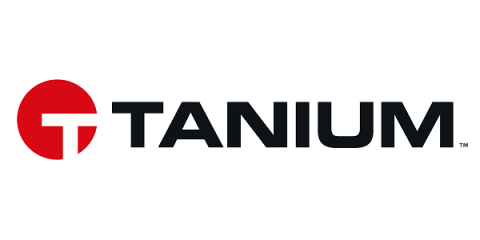How To Use USB Blocking To Prevent Data Leaks
As digital threats evolve, safeguarding sensitive data has become more important than ever, especially for businesses using removable storage devices like USB drives. While these external devices boost productivity, they also increase the risk of data breaches if not properly managed. Unprotected peripheral ports serve as unguarded entry points for data thieves and malicious software, highlighting the critical need to secure these access interfaces.











